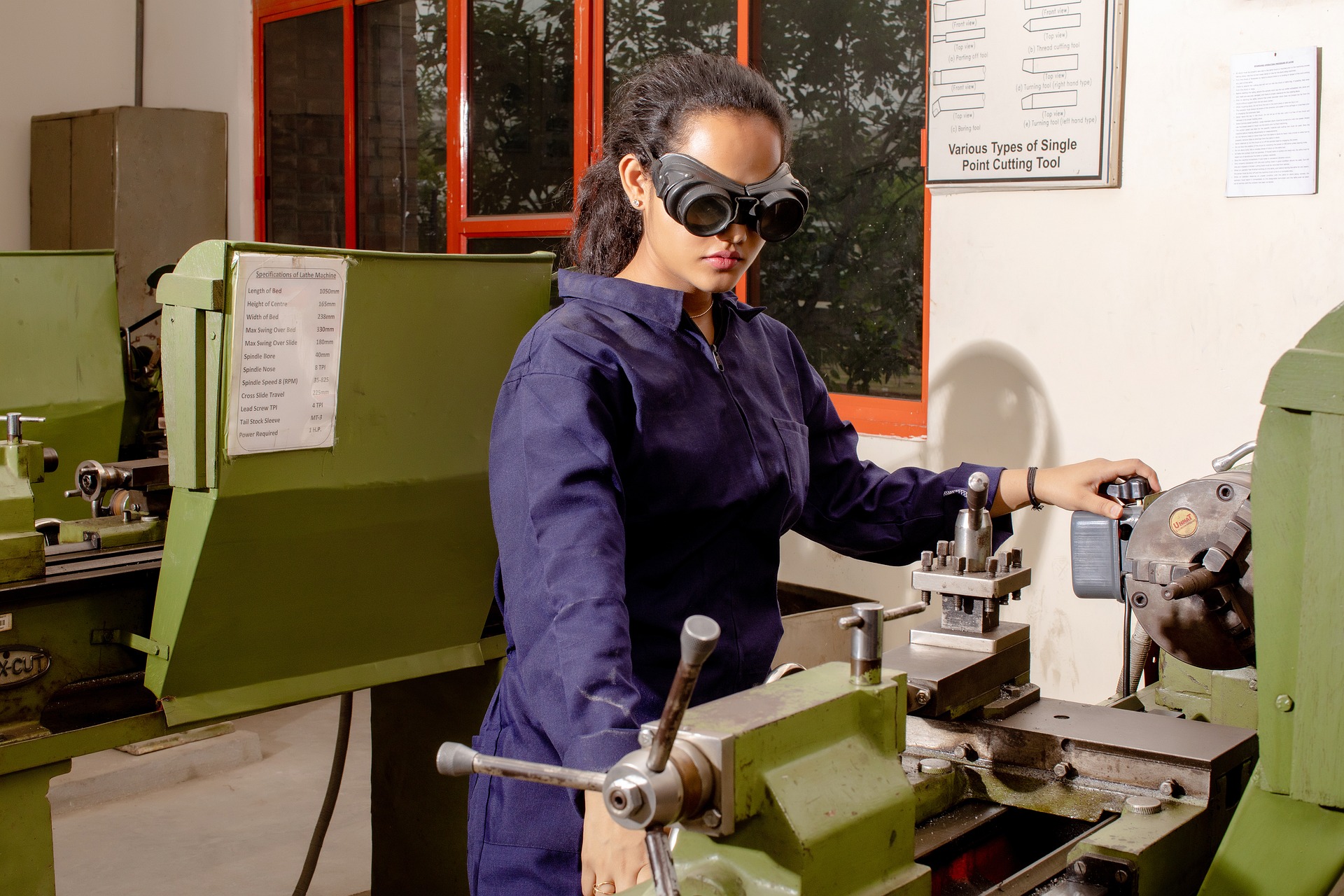HVAC Careers: Exploring Opportunities in Climate Control
Discover the diverse world of heating, ventilation, and air conditioning (HVAC) careers. From technicians to engineers, learn about the skills, education, and growth potential in this essential industry. Explore how to launch your career in climate control technology and find your niche in a field that's always in demand.

The HVAC Industry: A Spectrum of Career Paths
The heating, ventilation, and air conditioning (HVAC) sector offers a variety of professional roles, each with its unique challenges and rewards. While specific job openings may vary, understanding these career paths can help you plan your future in the industry:
-
System Designers: These professionals create blueprints for climate control systems, balancing efficiency, cost, and environmental considerations.
-
Installation Specialists: Focused on implementing new HVAC setups in various buildings, these experts bring designs to life.
-
Equipment Distributors: Acting as the bridge between manufacturers and clients, these roles involve product knowledge and customer service skills.
-
Efficiency Consultants: These analysts evaluate building energy performance and suggest improvements, including HVAC upgrades.
Each of these areas presents opportunities for specialization and advancement within the broader HVAC field.
Educational Pathways in HVAC
Preparing for an HVAC career typically involves a combination of formal education and practical experience:
• Trade School Programs: Many institutions offer specialized HVAC courses lasting from several months to two years, providing both theoretical knowledge and hands-on skills.
• Two-Year Degrees: Some employers prefer candidates with an associate’s degree in HVAC technology, offering a more comprehensive educational foundation.
• Advanced Degrees: For roles in system design or engineering, a bachelor’s degree in mechanical engineering or a related discipline may be necessary.
• Industry Certifications: Organizations like NATE and HVAC Excellence offer certifications that validate expertise and can enhance career prospects.
• Apprenticeships: Many professionals begin their HVAC journey through apprenticeships, combining on-the-job training with classroom instruction.
Continuous learning is crucial in this field, as technology and regulations evolve rapidly.
Entering the Field: The Apprenticeship Route
Apprenticeships offer a structured entry point into the HVAC industry. Here’s how to pursue this path:
-
Research local opportunities through HVAC companies, unions, or industry associations.
-
Ensure you meet basic educational requirements, typically a high school diploma or equivalent.
-
Submit applications to multiple programs to increase your chances.
-
Prepare for interviews with potential employers or program coordinators.
-
Be ready for a 3-5 year commitment, balancing practical work with theoretical study.
-
Take advantage of opportunities to earn industry certifications during your apprenticeship.
Many apprentices transition into full-time roles upon completion, making this an excellent launchpad for your HVAC career.
Industry Outlook and Growth Potential
The HVAC field offers promising career prospects:
• Job Market: The U.S. Bureau of Labor Statistics projects employment in HVAC to grow at a rate comparable to the national average through 2031.
• Career Progression: Experienced technicians can advance to supervisory positions, start their own businesses, or specialize in niche areas like smart home integration.
• Emerging Specialties: Opportunities are expanding in areas such as commercial refrigeration, industrial systems, and energy management.
• Technological Advancement: As systems become more sophisticated, professionals who stay current with innovations will find increased opportunities.
• Sustainability Focus: The growing emphasis on energy efficiency is creating new roles in green HVAC technology.
The stability and growth potential in HVAC make it an attractive option for those seeking a technical, hands-on career.
Key Skills for HVAC Success
Excelling in HVAC requires a blend of technical expertise and soft skills:
-
Technical Proficiency: A solid understanding of electrical systems, mechanical principles, and refrigeration is fundamental.
-
Problem-Solving Ability: HVAC professionals often face complex challenges requiring analytical thinking and innovative solutions.
-
Physical Fitness: The work can be physically demanding, involving heavy lifting and maneuvering in tight spaces.
-
Customer Relations: Many roles involve direct client interaction, making strong communication skills essential.
-
Precision: Accurate measurements and meticulous installation are crucial for system performance.
-
Adaptability: Staying current with evolving technologies and regulations is key to long-term success.
-
Time Management: Efficiently handling multiple projects or service calls is vital in this fast-paced field.
By honing these skills and staying abreast of industry developments, HVAC professionals can build fulfilling careers in this dynamic sector.






